Resources
Fiction about Dementia or Caregiving
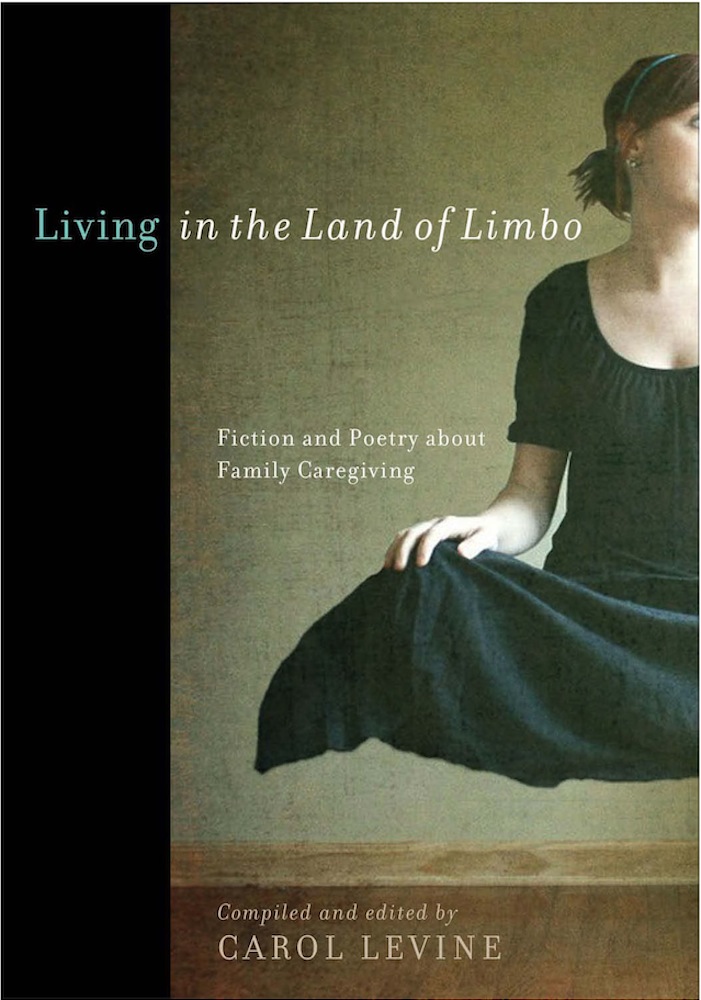 I highly recommend the book Living in the Land of Limbo: Fiction and Poetry about Family Caregiving (compiled and edited by Carol Levine, a leader in health care policy reform and current director of the United Hospital Fund's Families and Health Care Project. Vanderbilt University Press, 2014).
I highly recommend the book Living in the Land of Limbo: Fiction and Poetry about Family Caregiving (compiled and edited by Carol Levine, a leader in health care policy reform and current director of the United Hospital Fund's Families and Health Care Project. Vanderbilt University Press, 2014).
As the publisher writes on its website, Living in the Land of Limbo shares "the emotional truths of family caregivers, who can say and do things in fiction that they might not dare to say or do in real life.
"Living in the Land of Limbo is the first anthology of short stories and poems about family caregivers. These men and women find themselves in "limbo," as they struggle to take care of a family member or friend in the uncertain world of chronic illness. The authors explore caregivers' experiences as they deal with family conflicts, the complexities of the health care system, and the impact of their choices on their lives and the lives of others. The book includes selections devoted to caregivers of aging parents; husbands and wives; ill children; and relatives, lovers, and friends. A final section is devoted to paid caregivers and their clients. Among the conditions that form the background of the selections are dementia, HIV/AIDS, mental illness, multiple sclerosis, and pediatric cancer."
For an excellent review of the book, see Jane Gross' piece on the NY Times' New Old Age blog.
 I also highly recommend the novel Still Alice, by Lisa Genova, Ph.D., a neuroscientist at Harvard University and an online columnist for the National Alzheimer's Association (2009).
I also highly recommend the novel Still Alice, by Lisa Genova, Ph.D., a neuroscientist at Harvard University and an online columnist for the National Alzheimer's Association (2009).
In this, her first book, Genova uses her scientific knowlege of dementia, and her considerable writing ability, to give us the haunting story of a woman diagnosed with early-stage Alzheimer's Disease at age fifty. The main character, Alice, a Harvard psychology professor, plans ahead to commit suicide when her memory loss reaches a certain point.
We watch each step in the loss of her memory, function and independence. She eventually loses awareness of her decline, and then her pact with herself. Perhaps like many middle-aged readers of this book who have parents with dementia, I wondered with each decline in Alice's memory if I have similar symptoms. I wondered, for example, "Should I be worried if a particular word I'm trying to say escapes me?" If dementia runs in your family it can be a harrowing read.
But the second half of the book is surprisingly uplifting. Still in the early stages of the disease, Alice gives the opening speech to a conference of professionals in dementia care. Reading carefully from what she's written so she won't lose her place, she tells them that "I am not what I say or what I do or what I remember. I am fundamentally more than that...I am not dying. I am someone living with Alzheimer's."
That is what is revolutionary about this novel, and about the books I've listed in Changing Elder Care. We see a character here who is not a tragic burden, not just someone on the path to a long good-bye—as Alzheimer's disease has often been described—but a person who is still herself, a person living with a disease.
As her dementia worsens, Alice remains aware of what's going on around her. She continues to enjoy the simple pleasures of life, and feels the love radiating from her family.
Still Alice has given me hope for meaningful visits with my own mother as she lives with advanced dementia. And it inspires me to make sure that my mother is surrounded by those who will show her the same kind of love that Alice feels.
Watch an interview with Lisa Genova about "Still Alice" being made into a movie.





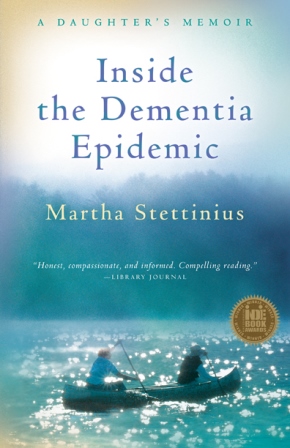






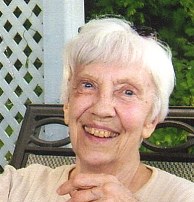
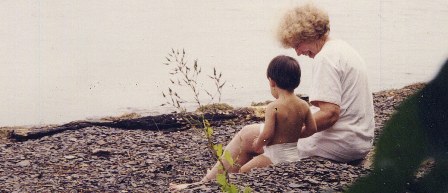




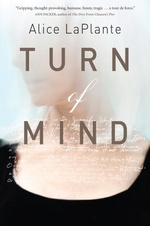
 Alzheimer's disease
Alzheimer's disease